The study of light has led to promising alternative energy sources and lifesaving medical advances in diagnostics technology and treatments.
These transformative technologies were developed through centuries of fundamental research on the properties of light, including pioneering work such as Ibn Al-Haytham’s seminal Kitab al-Manazir (Book of Optics), published in 1015.
As the world celebrates the International Day of Light on 16 May, various Arab physicists have left an indelible mark on the Arab world’s understanding and utilization of this fundamental phenomenon.
Ibn Al-Haytham (965-1040 CE)
Considered the father of modern optics, Ibn Al-Haytham’s groundbreaking work, Kitab al-Manazir, laid the foundation for our understanding of the behavior of light, including the principles of reflection, refraction, and the workings of the human eye. His experimental approach and rejection of the prevailing theories of his time were revolutionary, and his work influenced generations of scientists who followed in his footsteps.
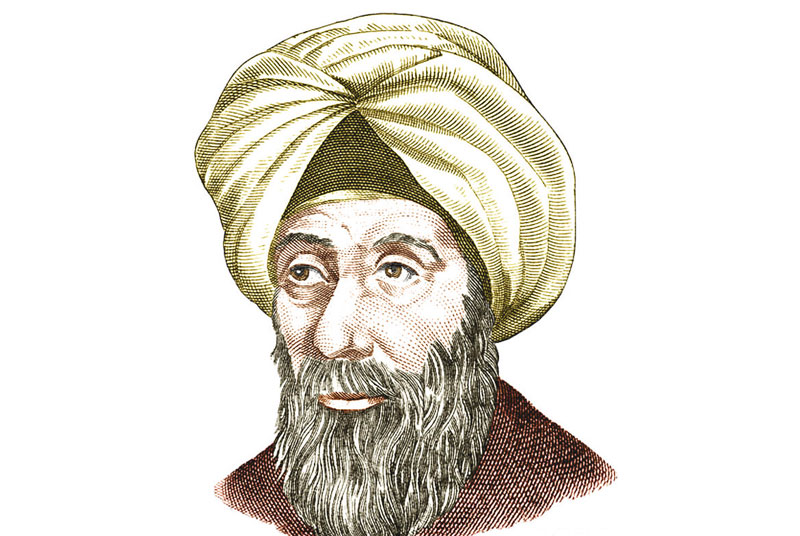
Maha Ashour-Abdalla
A pioneering Egyptian-American plasma physicist, Ashour-Abdalla’s research has advanced our understanding of the complex dynamics of the Earth’s magnetosphere, with applications in space weather forecasting and protection of satellites from cosmic radiation. Her work has been instrumental in developing models to predict and mitigate the impacts of solar storms on technological infrastructure.

Ali Moustafa Mosharafa (1898-1950)
This Egyptian physicist made significant contributions to the development of quantum mechanics, building on the work of pioneers like Niels Bohr and Werner Heisenberg. His research helped bridge the gap between classical and quantum physics, laying the groundwork for our modern understanding of the subatomic world. Mosharafa’s work has had lasting implications in fields such as materials science, cryptography, and quantum computing.
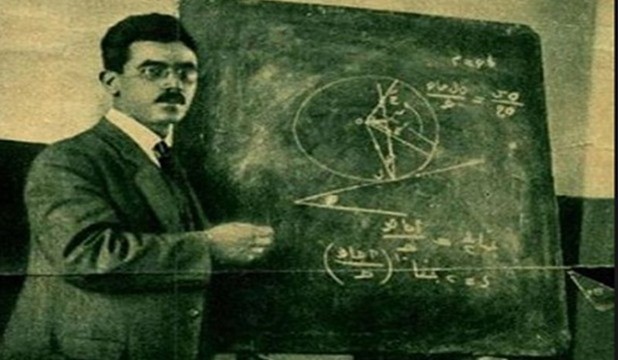
Shaaban Khalil
An Egyptian theoretical physicist, Khalil is a renowned expert in particle physics and cosmology. His work on the unification of fundamental forces has had a lasting impact on our understanding of the cosmos. Khalil’s research, which combined elements of quantum mechanics, general relativity, and high-energy physics, has helped shape the nature of the fundamental forces that govern it.
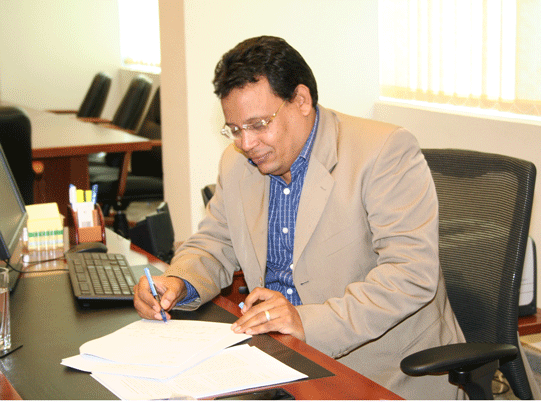
These Arab scientists, among others, have not only expanded the Arab world’s knowledge of light and its applications but have also paved the way for future generations to harness the power of this fundamental phenomenon to address global challenges and push the boundaries of scientific discovery.
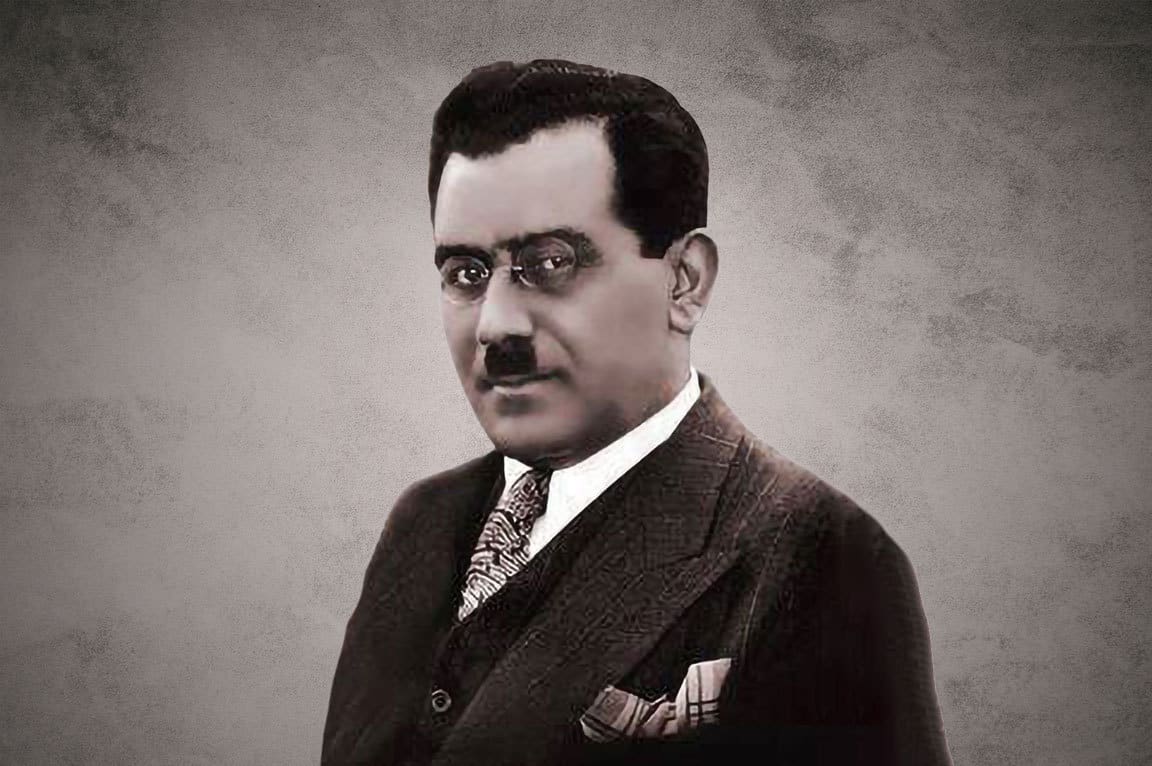



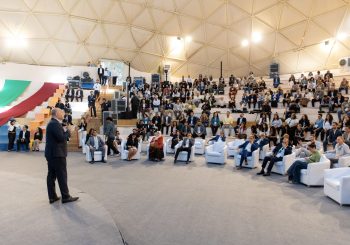


Comment (1)
[…] post Illuminating Achievements: Arab Physicists Shaping the World of Light first appeared on Egyptian […]